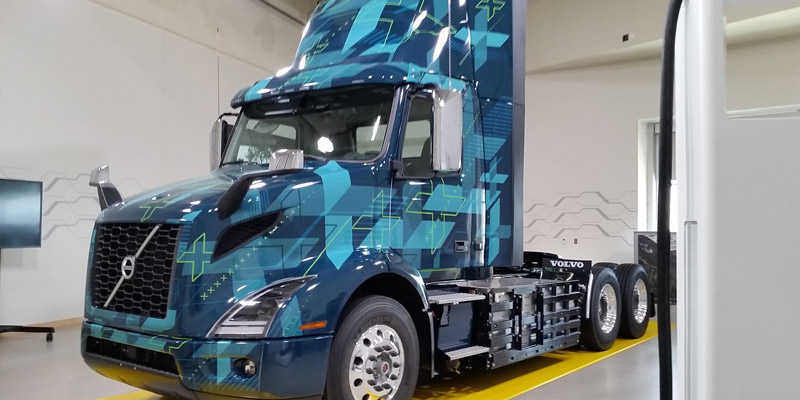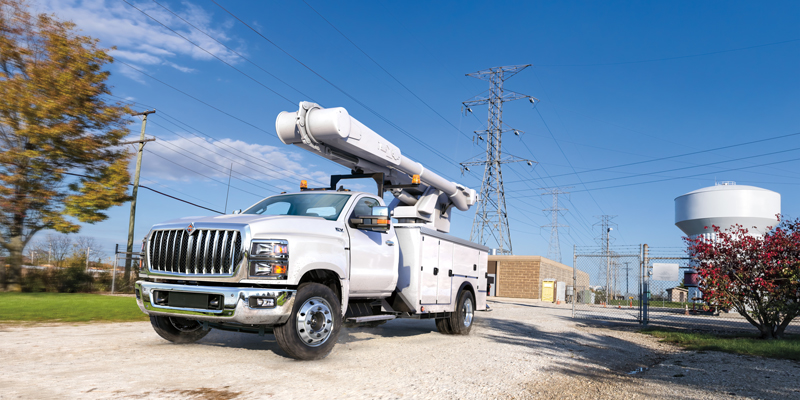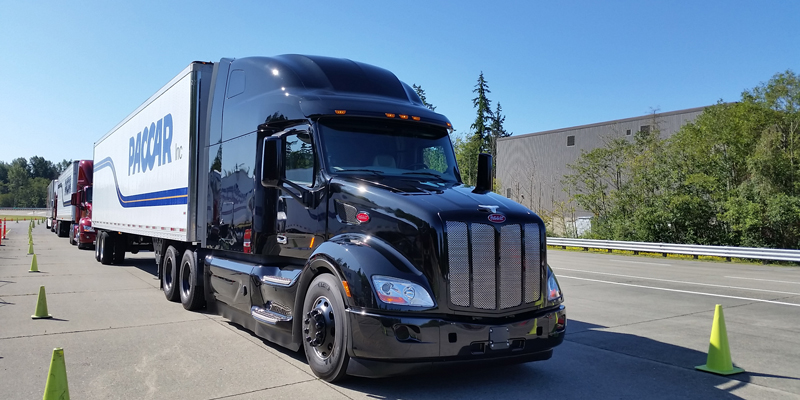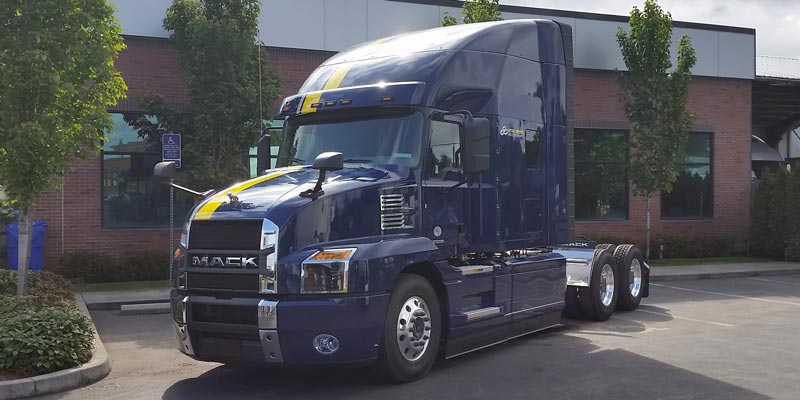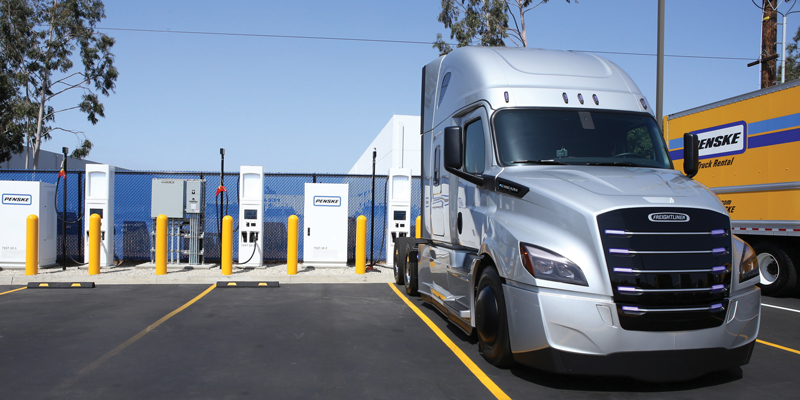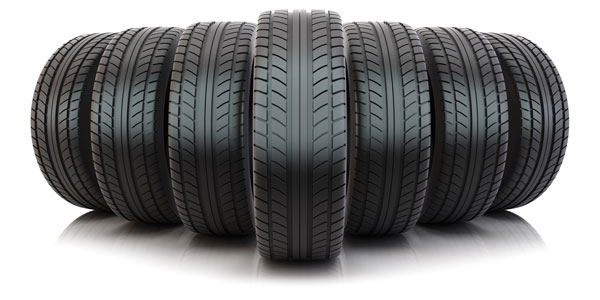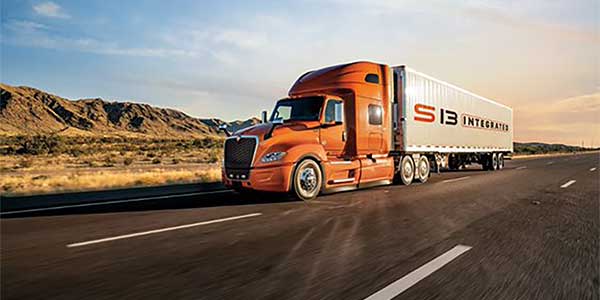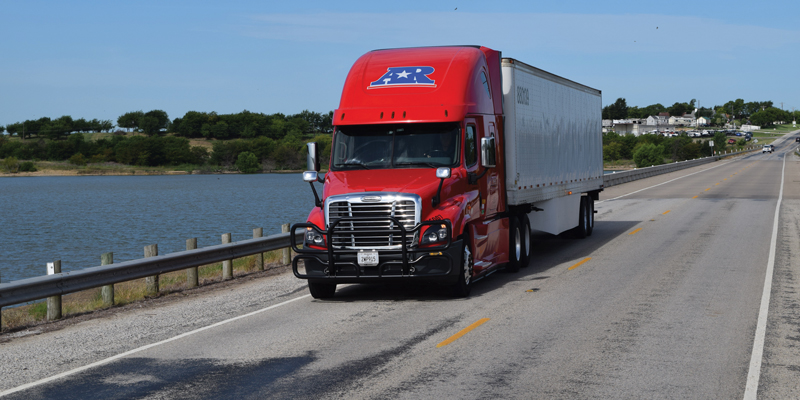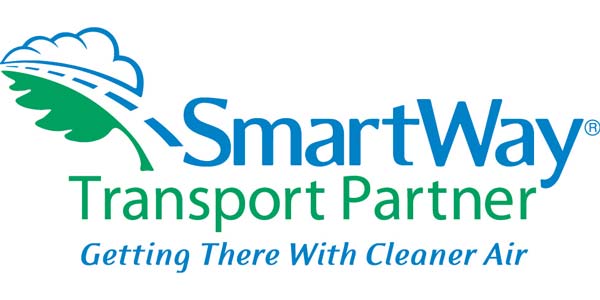Fleet managers continuously look for ways to positively influence their companies’ bottom lines, and few decisions have more potential to help them succeed than the one to utilize technology to save fuel. Advances in hardware—new engine designs, improved aerodynamic devices, fuel-saving tires, idle limiting technology —have all proven themselves to save fuel and decrease exhaust emissions. There is, however, at least one additional area of technology that also has proven itself to be a meaningful contributor to a positive bottom line: fuel optimization software.
Davis Express, for example, is a family owned regional carrier based in Starke, Fla., running predominantly refrigerated equipment throughout the Southeastern part of the country. The fleet began operations just over 30 years ago and since then, has experienced substantial growth. It currently has over 250 power units and 400 trailers on the road. Since the company was first launched, it has constantly sought to improve the way it does business. In order to keep up with ever-changing times, it has modernized every aspect of its business, from state-of-the-art refrigerated trailers to satellite-equipped tractors—all managed by up-to-date software. By doing so, the company is able to provide its customers the quality service that it has always strived to achieve.
The fleet also is a member of the SmartWay Partnership and a proud recipient of the program’s highest member rating for its efforts to decrease emissions and save fuel. As part of its program, Davis Express has integrated IDSC’s ExpertFuel software into the suite of TMW Systems programs the fleet uses for its operations and maintenance management.
The Expert Fuel program is specifically designed to help truckload carriers that operate fleets of 50 or more trucks reduce both fuel and out-of-route expenses. The software combines information from a fleet’s existing dispatch and mobile communications systems with fuel pricing and routing data to deliver optimized fuel purchase and route plans at the time of dispatch. The program generates fuel plans to include all necessary operational factors in real time and in a matter of seconds. All relevant route and vehicle factors are considered in the solution, including: current fuel prices, fuel level, vehicle fuel consumption, state tax implications, fuel network implications, out-of-route miles, route policies, terminal fueling policies, tank fill policies and driver amenities.
The resulting trip plan offers highway-by-highway directions and specific fuel buying instructions, including the number of gallons to buy at each truck stop. The driver can refer to the detailed instructions on the truck’s onboard display for the duration of the run. In addition, Expert Fuel monitors driver compliance with the generated instructions.
The program takes advantage of the fact that fuel prices vary by location. It directs that more gallons are to be purchased where the fuel is low in cost and fewer gallons where the fuel is expensive. Out-of-route miles are minimized by providing the driver an optimized fuel purchase and route plan at the time of dispatch.
According to SmartWay experience, computerized routing and scheduling software can often provide more efficient routing solutions than dispatchers can achieve on their own. Such software allows routes to be constructed taking into account numerous dynamic factors that include driver hours-of-service rules, pick-up and delivery schedules, vehicle size constraints, vehicle-product compatibility, equipment availability, vehicle loading dock compatibility, route restrictions and empty mileage.
Large fleets with 200 or more trucks generally get the most benefit from sophisticated routing and scheduling software. Smaller fleets can use less costly software products to manage their routing and scheduling operations. When a fleet does as Davis Express has done and combines this kind of capability with an optimized fuel management program like Expert Fuel, it makes the best use of available technology to maximize its bottom line.



